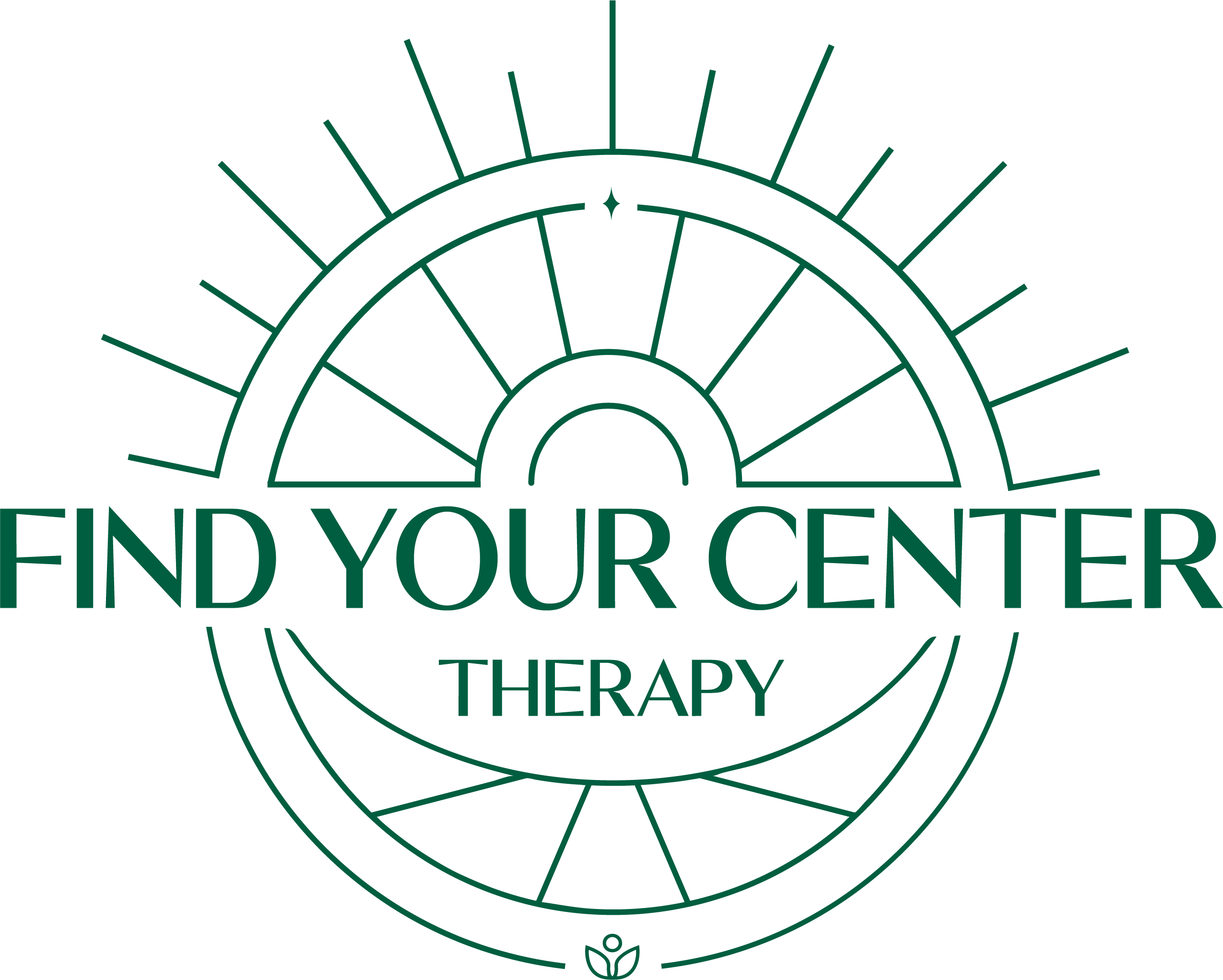Teletherapy - Serving CA, CO, and FL -
Pride in a Shaken City
Boulder Pride arrives this weekend under a cloud many of us didn’t expect.
Just days ago on Boulder’s Pearl Street Mall, a group walking to call for the release of Israeli hostages was firebombed in an antisemitic attack. Several were injured when an assailant hurled Molotov cocktails at peaceful demonstrators. The suspect has been charged with hate crimes and attempted murder, an act that lay bare how vulnerable public gatherings have become.
In the midst of this, Pride season begins, and the fear of showing up is heightened. While that incident involved specific and different circumstances, the shadow it cast was unmistakable. Los Angeles is another heartbreaking example of why assembling is scary. I’ll admit that I don’t feel 100% safe.
We quickly forget what lies beneath Pride’s loud exclamation: We are here! We are queer!
That declaration is built on a rich history of cultural, familial and personal rejection, often violent and painful. Pride is a phoenix rising from those ashes. And its overt joy and playfulness, which critics so often dismiss as frivolous, is in fact an act of defiance. We will not be cowed into silence or shame.
We are proud as a reaction. And so it carries weight and substance. It’s intentional. Our bright light and rainbows of color say: We will act as if we are safe enough to be carefree, even when we are not. Eventually, this creates a space where others can be.
That tension hums beneath the celebration, especially in a climate of rising political hostility. Being different has always carried risk, not just for exclusion, but for emotional, verbal, and physical harm. And I hate this truth.
So what do we do with that? Most instincts tell us to survive. We seek safety. To stay safe, we hide. And if we hide, we disappear. Hate wins. And I hate that, too.
I don’t know if we all bear an obligation to show up anyway. I definitely don’t want you to feel responsible for carrying the weight of fear-mongering and homophobia on your own shoulders. You need to make the decision that feels right to you. There are countless ways to support, advocate, and be visible.
But I do know that for me, showing up when it doesn’t feel entirely safe has sometimes led to the most freeing, unforgettable moments. I often feel truly alive and embodied when I walk into spaces that carry some risk. What counts as risk will be different for each of us. So will our capacity for it. And that is absolutely okay.
Maybe your limit is social judgment. Maybe it is freezing weather. Maybe it is something else entirely. And when you weigh the personal and collective benefits of showing up, that calculation changes again.
If you’re scared, unsure, or grieving the loss of ease and safety that once felt close, I see you. However you show up.
Perhaps it’s challenging to be fully engaged when you do attend, some part of you distracted by negative thoughts of what could happen. Allow your focus and your feeling to shuttle between experiences, internal and external, present past and future. Let’s not demand of ourselves that we feel unfettered joy at all times.
I won’t pretend it’s meaningless when many of us choose to stay home. That choice does have impact. But you as an individual deserve every bit of compassion and understanding for doing what feels doable to you. And maybe next time, you’ll make a different decision. Neither one is right or wrong. Both can be part of growth.
Don’t make this a test of your public courage. Or anyone else’s. We are all figuring out how to advocate for others, how to accept ourselves, how to expand and persist in our own way. I support you and every self-determining queer person that feels unsafe, unseen, too seen, or too scared. And maybe I’ll see you there.
DISCLAIMER: This column provides general mental health insights and guidance. This advice is for informational/entertainment purposes only and does not constitute professional, personalized medical, psychological, or therapeutic treatment. The content is not a substitute for personalized medical or psychological advice, diagnosis, or treatment. Always seek the guidance of a qualified healthcare professional with any questions regarding a medical or mental health condition. Never disregard professional medical advice or delay seeking treatment
